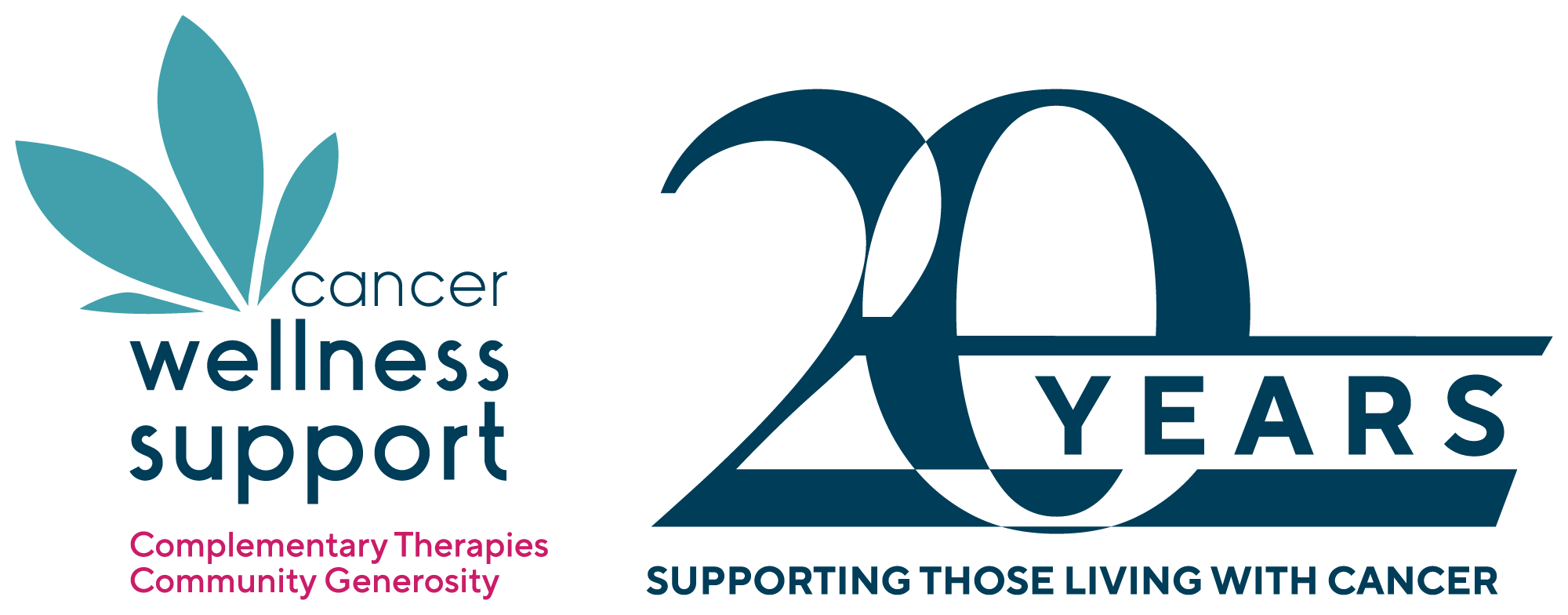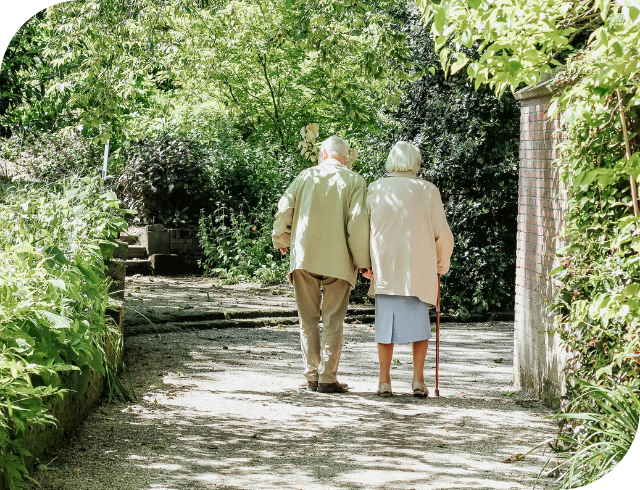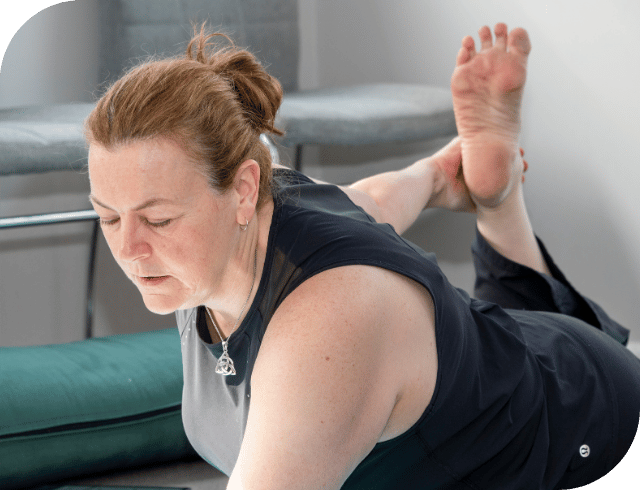We all know that regular movement and exercise are crucial for physical health, but did you know they’re just as important for your mental wellbeing? Whether you’re engaging in light stretching, a brisk walk, or practising mindfulness through movement, staying active boosts your brain function, improves cognition, and enhances your overall sense of happiness.
Research shows that movement increases blood and oxygen flow, positively impacting cognitive development and physical health. For those living with conditions like lymphoedema, gentle movement is even more critical. Working the muscles encourages the flow of lymphatic fluid, helping it move away from the affected areas. Breathing deeply while you exercise stimulates the lymphatic system, reduces pain, and helps calm the nervous system.

Make Movement Enjoyable and Mindful
The key is finding something you enjoy rather than forcing yourself into activities you “should” do. If you love to garden, dance, or take a walk, then prioritise those activities. Being outside, when possible, adds the benefits of fresh air, sunshine, and the rejuvenating power of nature.
The way you move and your state of mind are just as important as the activity itself. Here are some tips for getting the most out of your exercise:
- Stay present with your body and avoid letting your mind wander.
- Listen to your body and move mindfully. Don’t push yourself to the point of pain.
- Check in with your breathing. Holding your breath might be a sign of overexertion.
- Try moving differently to break old habits. For example, wash dishes with your non-dominant hand or walk backwards for a change.
- If you wear compression garments for lymphoedema, wear them while exercising.
Simple Movements for Your Daily Routine
There are many simple, gentle movements you can incorporate into your day that are effective for boosting both physical and mental health. Try one of these each day, or rotate them throughout the week:
- Joint rotations: Gently rotate your shoulders, elbows, wrists, pelvis, ankles, and neck. Flex and extend your fingers and knees. This is great for improving circulation and easing arthritis.
- Qigong: Stand with feet hip-width apart, knees slightly bent. As you inhale, slowly raise your arms to shoulder height while straightening your legs. As you exhale, lower your arms and bend your knees again. Repeat 6 times. This movement helps with energy flow and joint mobility.
- Abdominal breathing: Breathe deeply through your nose, expanding your belly on the inhale and contracting it on the exhale. Repeat for 5 minutes. Abdominal breathing promotes relaxation and improves lung function.
- Walk on the spot: For 2–5 minutes, raise one heel off the floor while keeping your toes down, then alternate. This simple movement is excellent for stimulating blood and lymph flow.
- Self-massage: Using your fingertips, tap gently from the top of your head down your entire body, front and back, down to your feet. Repeat a few times for improved circulation and overall body awareness.

Get Creative with Movement
Exercise doesn’t have to be boring. You can even have fun with it – try walking like Michael Jackson’s famous moonwalk or get inspired by Monty Python’s Ministry of Silly Walks. The idea is to move in new ways, break old patterns, and stimulate your brain to think and feel differently.
So next time you head out for a walk, or even if you’re at home, change things up. You’ll not only give your body the movement it craves but also boost your mind and mood!
Cancer Wellness Support’s Wise Moves (The Feldenkrais Method®) and Qigong therapists encourage us to make a start and begin to rethink ‘every little move we make’. Why not come and give it a go?



